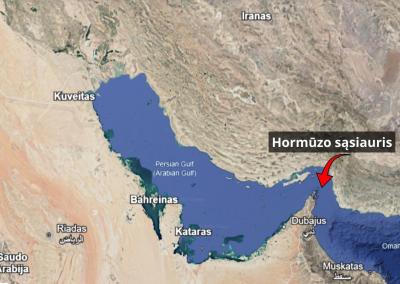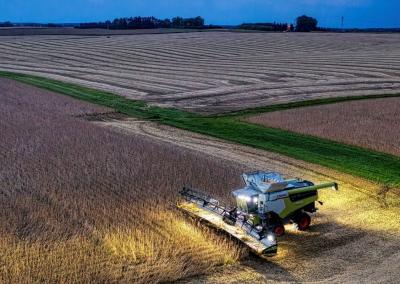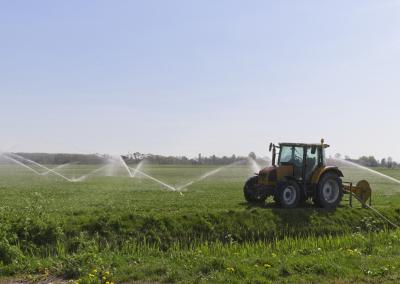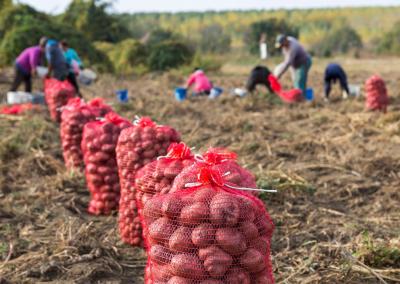A breakthrough for European agriculture: the court will hear the case for the return of the mancozeb
On 1 July, the Court of Justice of the European Union takes up an important case (C-262/23 P), the outcome of which could have a major impact on the future of European agriculture. The case is a review of the European Commission's 2020 decision to ban mancozeb, one of the most widely used fungicides. This substance has been crucial in protecting potatoes from late blight, one of the most dangerous diseases that causes huge economic losses for farmers every year.
The dispute arose from the Commission's failure to take into account updated European Chemicals Agency (ECHA) guidelines on reproductive toxicity when adopting the ban. Current scientific assessments suggest that the criteria used before may have been outdated and not reflecting real risks, and the decision may therefore be considered unjustified.
Pathogen mutations outperform protective measures
The importance of this case is further highlighted in the context of the current challenges: late blight of potato is increasingly occurring early in the season and pathogen mutations are evolving rapidly, reducing the effectiveness of both plant breeding and chemical control. The removal of mancozeb from the market has left many farmers without reliable and affordable alternatives.
Although several fungicides remain on the market, their effectiveness is rapidly declining. In addition, some of the alternative active ingredients are currently undergoing their own re-evaluation, which adds to the uncertainty.
Copa-Cogeca: investment in sustainable solutions continues
Copa – Cogeca continues to invest in sustainable security solutions. The Integrated Plant Management (IPM) Action Plan was launched in 2024 and includes the introduction of resistant varieties, better coordination of the value chain, more precise spraying and the development of biological approaches. But even with these efforts, real field conditions are becoming more challenging every year.
More than just litigation: it's also a test of EU regulation
The mancozeb case is seen not only as a technical or legal dispute, but also as a test of the European Union's ability to take regulatory decisions based on the latest scientific evidence and the realities of agriculture.
The sector stresses the need to strike a balance between health and environmental protection and farmers' ability to use effective safeguards. They call on the EU institutions to ensure that policies keep pace with scientific progress and do not contradict the real conditions that farmers face on a daily basis.
The judgment of the Court of Justice of the EU could set a precedent not only for the mancozeb issue, but also for the whole culture of EU agricultural regulation. It is important for Europe to be able to reconcile science, sustainability and farmers' needs in a single political line.













































































































